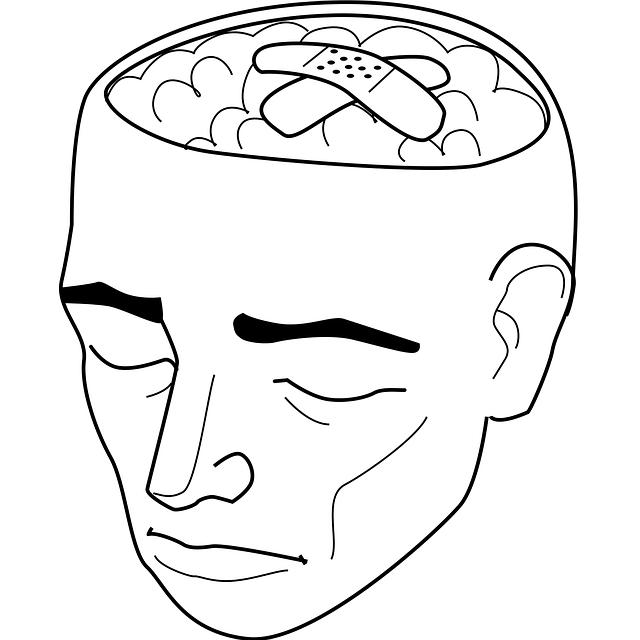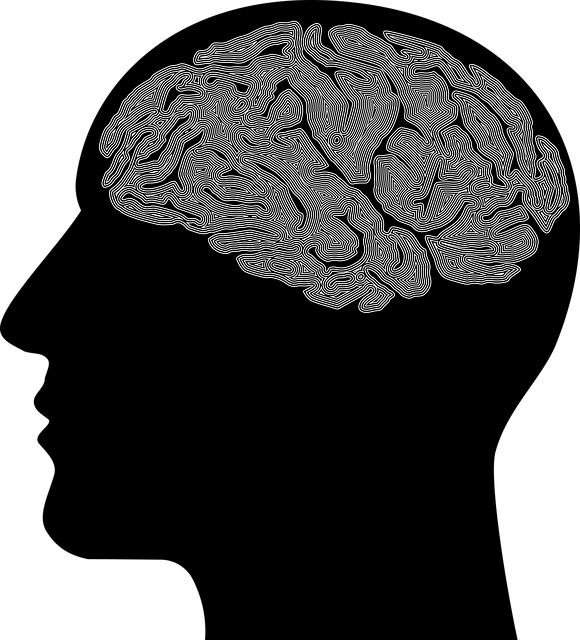Englewood Adolescent and Teen Therapy tackles substance abuse head-on with comprehensive programs targeting at-risk youth before they turn to drugs or alcohol. By combining crisis intervention, burnout prevention, and coping skills development, they empower teens to understand triggers, develop healthier behaviors, and build resilience against addiction. Early interventions using evidence-based therapies like CBT and MI, coupled with community building initiatives, significantly reduce substance abuse risk factors, fostering a brighter future for young people and their communities.
Substance abuse poses significant risks, impacting individuals, families, and communities. This article explores comprehensive risk reduction strategies, focusing on understanding the nuances of substance abuse, early intervention for youth, evidence-based therapies, and community resilience. We delve into effective programs like those offered by Englewood Adolescent and Teen Therapy, emphasizing a holistic approach that combines therapeutic support with community engagement to mitigate risks and foster healthier environments.
- Understanding Substance Abuse and Its Risks
- Early Intervention and Prevention Strategies for Youth
- Evidence-Based Therapies and Supportive Programs
- Building Resilient Communities: A Holistic Approach to Risk Reduction
Understanding Substance Abuse and Its Risks

Substance abuse is a complex issue that can have severe consequences on individuals and their communities. It’s crucial to understand that this isn’t merely a personal choice, but a potentially dangerous behavior with far-reaching impacts. The risks associated with substance abuse are multifaceted, encompassing physical health deterioration, mental health issues, social problems, and increased vulnerability to addiction. Englewood Adolescent and Teen Therapy recognizes these challenges and offers specialized support for young people navigating these difficulties.
By providing Crisis Intervention Guidance and Burnout Prevention strategies, along with Coping Skills Development programs, therapy centers like Englewood aim to empower adolescents and teens. These interventions are designed to help individuals understand their triggers, develop healthier coping mechanisms, and build resilience against the allure of substance abuse. Through these comprehensive approaches, young people can learn to make better choices, maintain their well-being, and foster a brighter future free from the shackles of addiction.
Early Intervention and Prevention Strategies for Youth

Early intervention and prevention are key strategies to combat substance abuse among youth. Programs focused on reaching adolescents and teens before they experiment with drugs or alcohol can significantly reduce risk factors. Englewood Adolescent and Teen Therapy offers various effective approaches, including Self-Awareness Exercises that help young individuals understand their emotions and triggers, enabling them to make healthier choices. By fostering Social Skills Training, these programs equip teens with the tools to resist peer pressure and build positive relationships, reducing their vulnerability to substance abuse.
Additionally, Emotional Healing Processes play a crucial role in prevention. Many youth turn to substances as a coping mechanism for underlying emotional struggles. Through therapy, they learn healthy ways to manage stress, anxiety, or depression, thereby decreasing the likelihood of turning to drugs or alcohol for relief. Early intervention not only empowers teens with knowledge and skills but also provides them with supportive networks, setting them on a path towards healthier, substance-free lives.
Evidence-Based Therapies and Supportive Programs

Evidence-Based Therapies and Supportive Programs play a pivotal role in reducing risks associated with substance abuse among adolescents and teens. At Englewood Adolescent and Teen Therapy, specialized therapists employ evidence-based approaches like Cognitive Behavioral Therapy (CBT) and Motivational Interviewing (MI), which have proven effective in addressing the underlying causes of substance misuse. CBT equips young individuals with positive thinking skills and coping strategies to manage stress, anxiety, and emotional challenges without resorting to drugs or alcohol. Similarly, MI helps teens explore and resolve ambivalence about change, fostering a sense of readiness for recovery.
In addition to these therapies, supportive programs focused on building resilience are instrumental in risk reduction. By encouraging healthy habits, positive peer interactions, and effective communication, these initiatives empower adolescents to make informed choices. The goal is not just to steer clear of substance abuse but to cultivate a mindset that promotes overall well-being and mental fortitude. Such programs, often integrated into school curricula or community outreach efforts, can significantly mitigate the risk factors that contribute to teenage substance misuse.
Building Resilient Communities: A Holistic Approach to Risk Reduction

Building resilient communities is a holistic approach to risk reduction for substance abuse that goes beyond individual interventions. It involves fostering strong social connections, promoting mental wellness, and enhancing emotional well-being promotion techniques within neighborhood networks. By investing in community initiatives, such as youth programs, support groups, and educational workshops, Englewood Adolescent and Teen Therapy can help create a supportive environment where young people feel valued and empowered.
This collective effort encompasses not only direct service delivery but also advocacy for robust mental health policy analysis and advocacy. By addressing systemic factors contributing to substance abuse, like lack of access to quality education, healthcare, and recreational opportunities, communities can effectively mitigate risks and promote the overall mental wellness of their members. This comprehensive strategy ensures that interventions are sustainable and tailored to the unique needs of each community.
Substance abuse poses significant risks, but a multi-faceted approach can mitigate these dangers. By combining early intervention for youth, evidence-based therapies like those offered by Englewood Adolescent and Teen Therapy, and building resilient communities, we can effectively reduce substance abuse. A holistic strategy that addresses individual needs while fostering supportive environments is key to creating a healthier future for our adolescents.














